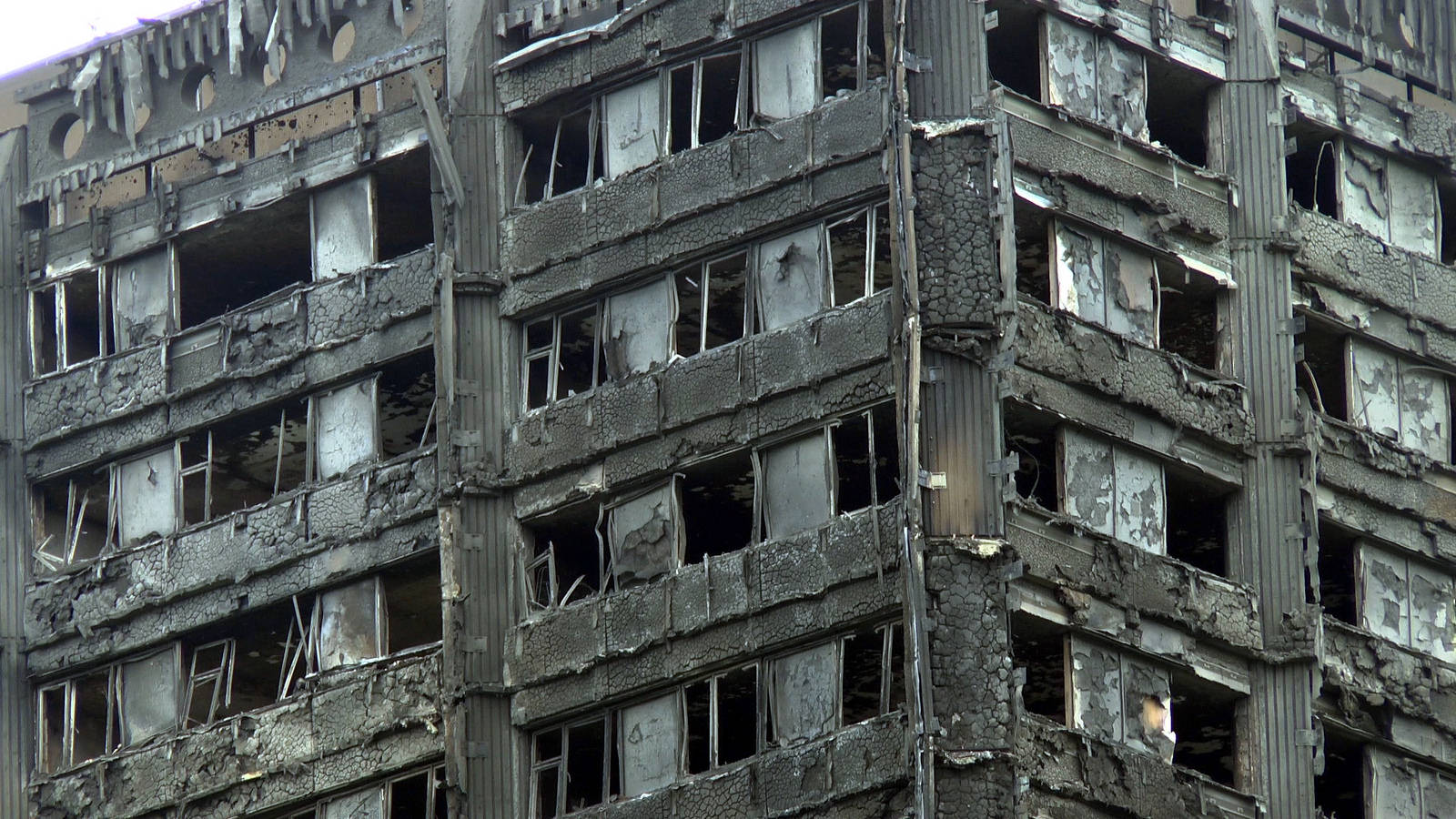Human rights commission launches its own Grenfell inquiry
Britain’s human rights watchdog yesterday launched its own investigation into the Grenfell fire. The Equality and Human Rights Commission will focus on the human rights and equality implications of the fire. It will aim to investigate the gaps which are left by the official inquiry on Grenfell, in particular looking at whether the State has met their statutory duties and obligations towards the victims and survivors of the fire.
The group will look at whether positive obligations under Article 2 ECHR were breached. For example, were the laws in force adequate to ensure the residents’ safety? Linked to this is the question of whether the official inquiry led by Sir Martin Moore-Bick is compliant with the duty to properly investigate the deaths.
‘The Grenfell Tower fire has become a symbol of the inequality that exists in our country,’ commented David Isaac, the commission’s chair. ‘Seventy-one people tragically lost their lives, as well as the many people who lost their homes, possessions, families and loved ones. The first duty of the state is to protect the lives of its citizens and lessons must be learnt to avoid this happening again.’
Issac said that there were several areas ‘where the state fell short in its duties to its citizens and these must be properly addressed’. ‘The official public inquiry is rightly looking at the building, fire and safety measures, property management and the events of the fire itself, but we believe our expertise in equality and human rights laws is essential in determining the extent to which the state failed, not only the residents of Grenfell Tower, but also those who witnessed the fire and have endured harm, physically or emotionally, as a result of it,’ he added.
There has been criticism of the scope of the inquiry led by Sir Martin Moore-Bick. If Sir Martin’s report is delayed, the EHRC’s report could see the light of day before his. Isaac told the Observer that the watchdog’s work was meant to be ‘complementary’ to it. ‘It’s not a parallel inquiry,’ he said. ‘It’s to look at what we think is important and what’s missing from the official inquiry, which is the human rights and equalities perspective.’
There will be an investigation into the treatment which survivors received in the aftermath of the fire, and whether this amounts to inhuman and degrading treatment. This would include looking at whether survivors have received adequate mental health support, housing and care generally.
The issue of availability of legal aid both before and after the fire will be investigated. For example, it would look at what the residents could have done about the risk of fire, which had been highlighted through the Tenancy Management Organization, if they had been able to access legal advice.
The quality of the housing provided will be looked at under the lens of international law, and in particular, whether the fire safety arrangements took sufficient account of the particular needs of children and the disabled.
Children’s’ rights will be looked at as a separate issue. A lot of children were displaced by the Grenfell fire and are currently living in hotels and bed and breakfasts, and questions have been raised as to whether their wellbeing has been properly promoted and protected (see here).
The Commission will assess the response of the government to the fire by reference to their duties under the Equality Act 2010. This will include looking at whether policies and practices in place were discriminatory, and whether reasonable adjustments were made, or needed to be made, such as ramps and lifts, which those with limited mobility may have needed.
According to the Commission at this stage is not conducting an inquiry, but is not ruling out using their statutory powers if necessary.
This article was first published on December 12, 2017






